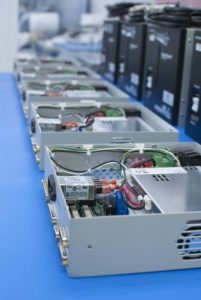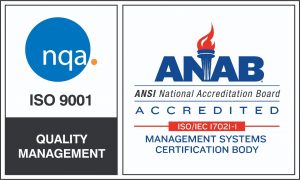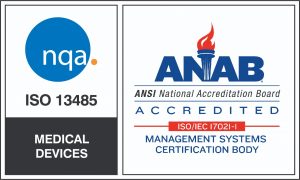What “Target Condition” Means in Regards to IPC Workmanship
IPC standards are essential to a company’s improvement. These standards help establish a level of quality and help communicate quality acceptance criteria across the industry. Electronics assemblies are divided into three classes in the following four categories:
- Target Condition
- Acceptable Condition
- Defect Condition
- Process Indicator Condition
IPC standards ensure that manufacturers remain accountable and credible to both their suppliers and their customers. IPC standards also provide a common language between designers, assemblers and testers. This helps eliminate confusion, speed up verification and reduce assembly costs.
What is “Target Condition”?
“Target condition” is defined as “close to perfect” and is the most desirable condition. It should be noted that “target condition” is not always achievable and might not be necessary for the reliability of an assembly. However, every assembly should strive for this ideal.
IPC Classes
IPC Classes are used to standardize the acceptability levels of electronics. The IPC definition of Classes is based on product functionality and functional operation criterion. The environmental and reliability requirements of a product determine its appropriate Class selection.
IPC Class 2 and IPC Class 3 are both workmanship standards for building electronics assemblies. These standards define what is considered acceptable when it comes to all things related to electronics circuit board assembly including build criteria for solder joints, heel fillets and component placement tolerance.
Unless otherwise noted on the product documentation, the default build standard is generally Class 2. Class 3 is a much more stringent workmanship standard and is typically reserved for products that require more intense levels of reliability such as those used by the medical and aerospace industries. For a product to be defined as Class 3, it must meet total IPC criteria.
Achieving the Ideal Cost-Performance Ratio
Electronics design, engineering and manufacturing involves a constant balance to achieve the ideal cost-performance ratio while still allowing for differentiation through innovation. IPC standards allow electronics manufacturers to clearly understand and meet their customer’s expectations for both performance and quality.
When you work with Means Engineering, Inc., you can rest assured that our experienced team will meet the IPC standard that your product requires.


